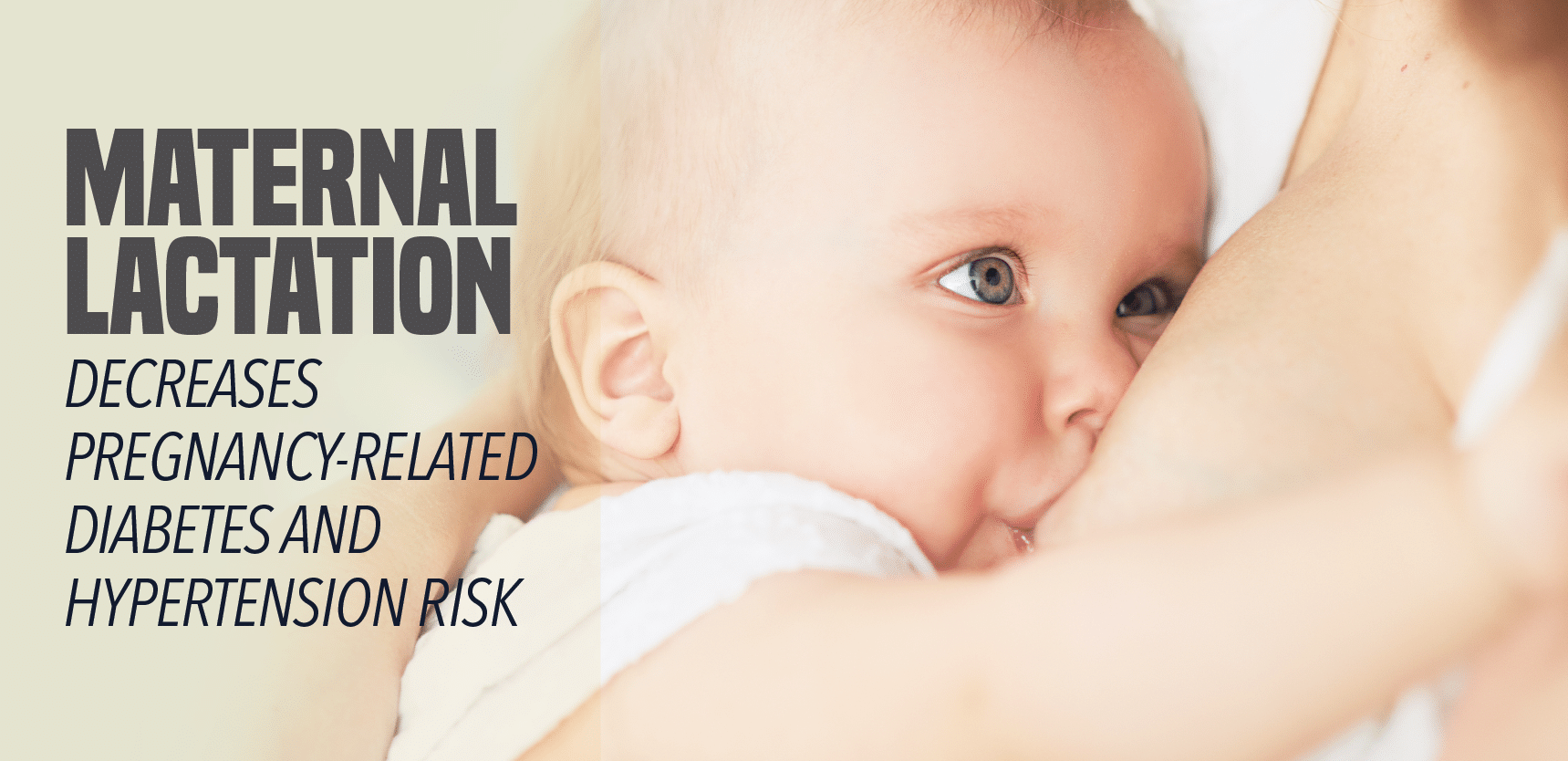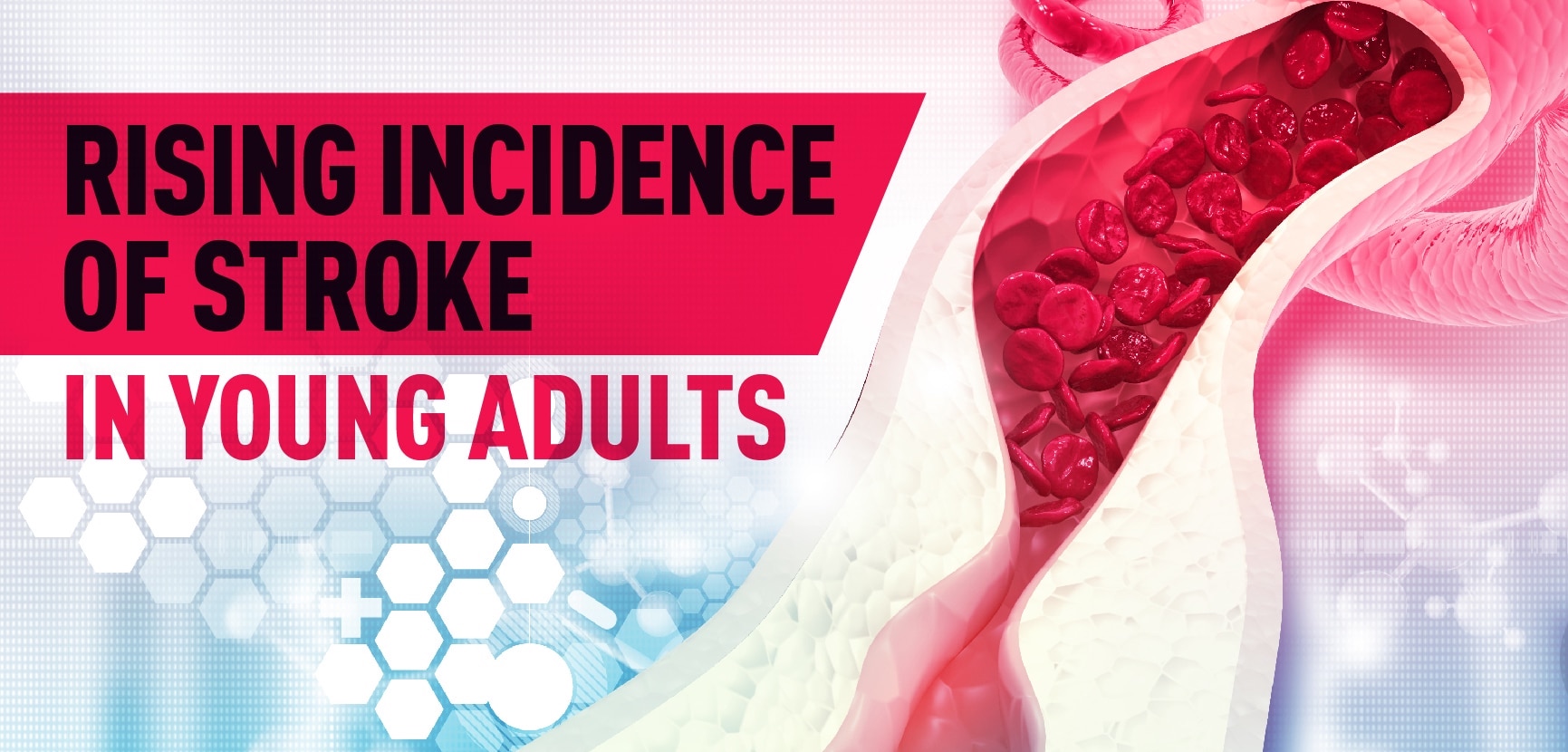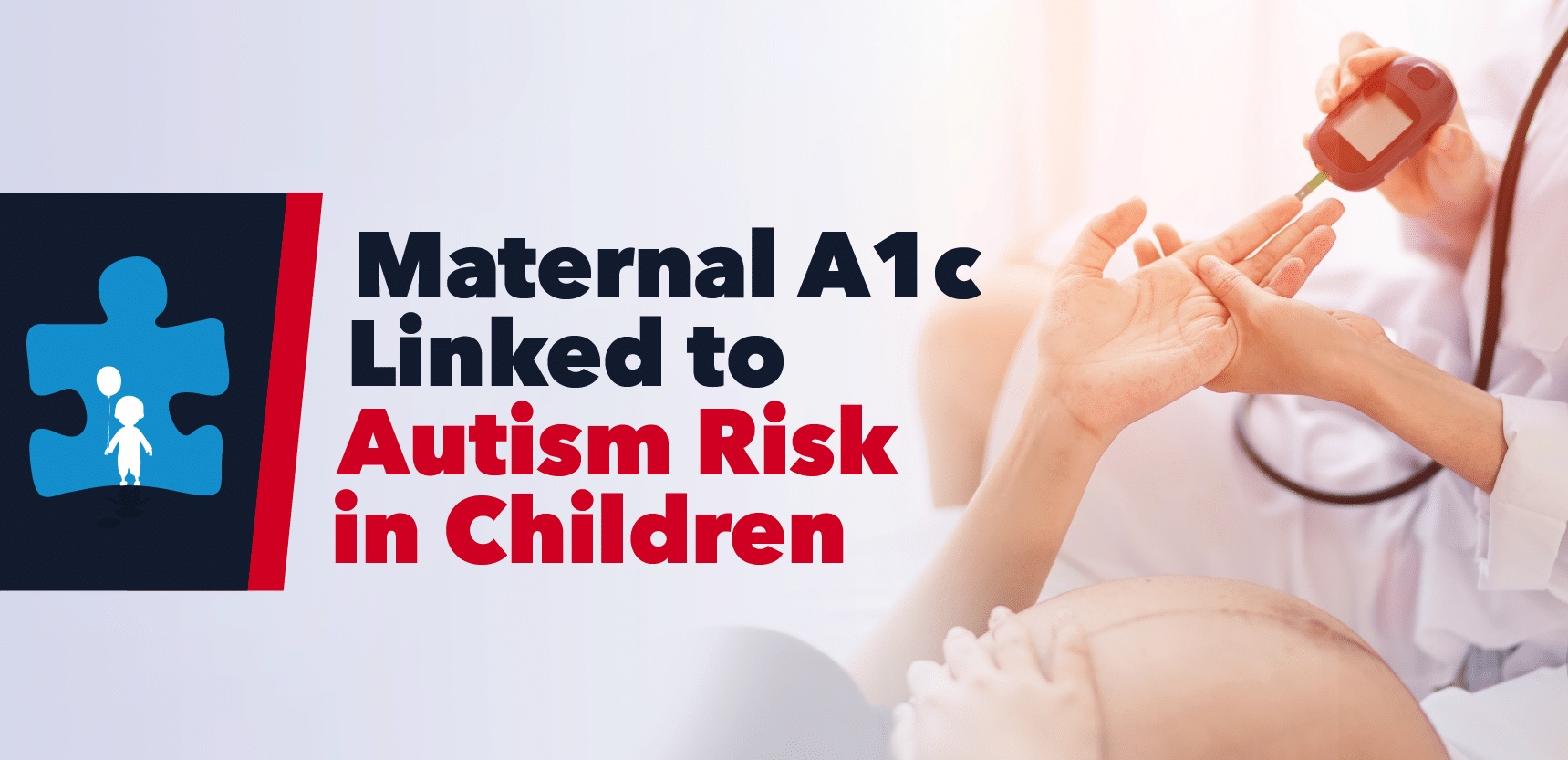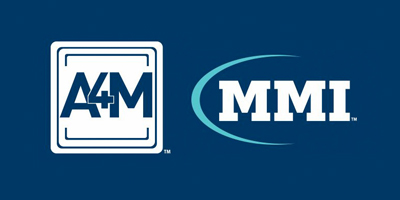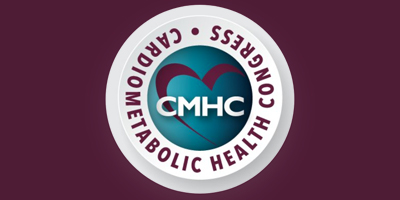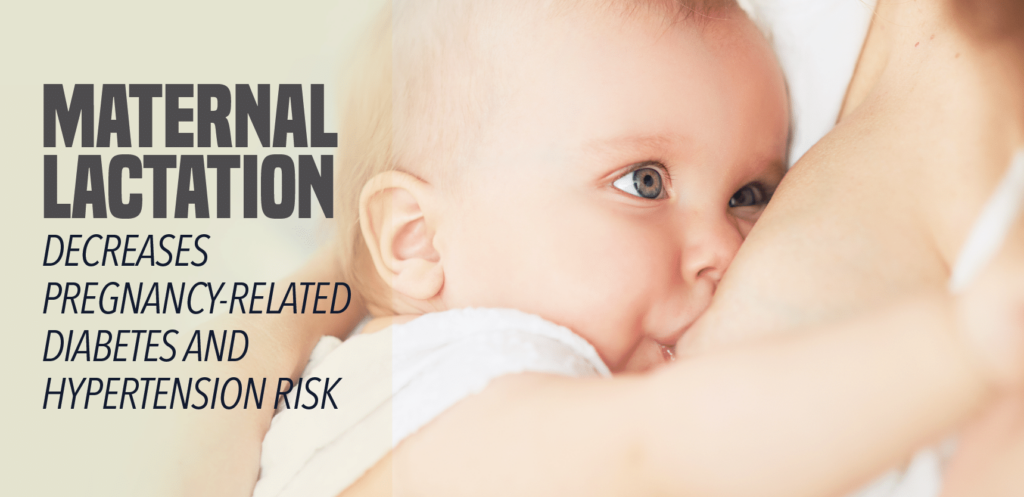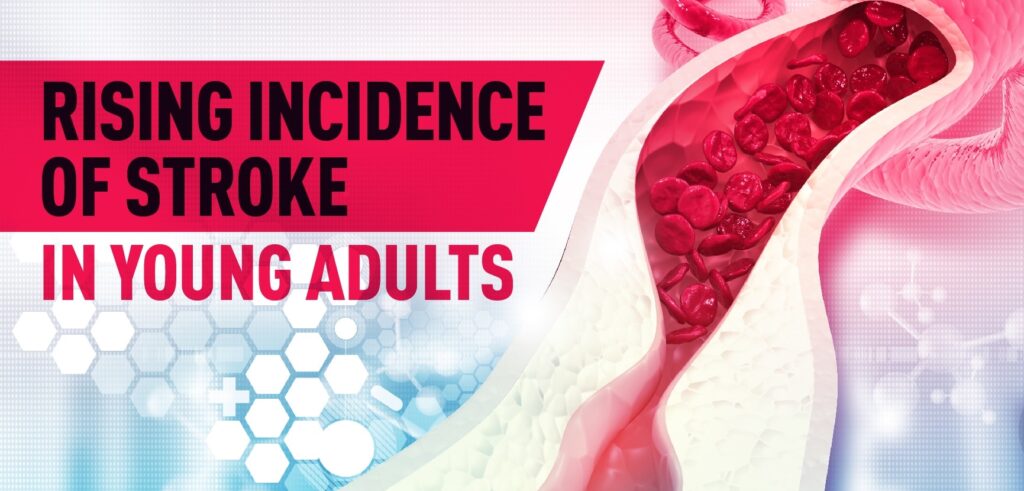In this retrospective cohort study using a longitudinal patient-level commercial insurance claims database, researchers sought to examine patterns and predictors of treatment escalation within five years of metformin monotherapy initiation for youth with type 2 diabetes in clinical practice.
Individuals with active enrollment from October 2000 to March 2020 who were diagnosed with incident type 2 diabetes between the ages of 10 and 18 were included in the study.
Cox proportional hazards regression was used to assess potential predictors of treatment escalation, including age, gender, race/ethnicity, comorbidities, complications, and metformin adherence (medication possession ratio ≥ 0.8).
The cohort involved 829 (66% female; median age at diagnosis 15 years; 19% Hispanic, 17% Black) patients, with a median 2.9‐year follow‐up after starting metformin.
Treatment escalation was positively associated with age at diagnosis, medication adherence, Hispanic ethnicity, and diabetes‐related complications. Treatment escalation for pediatric type 2 diabetes varies with age in clinical practice.
Non-insulin antihyperglycemics are used off-label, most commonly among older adolescents.


